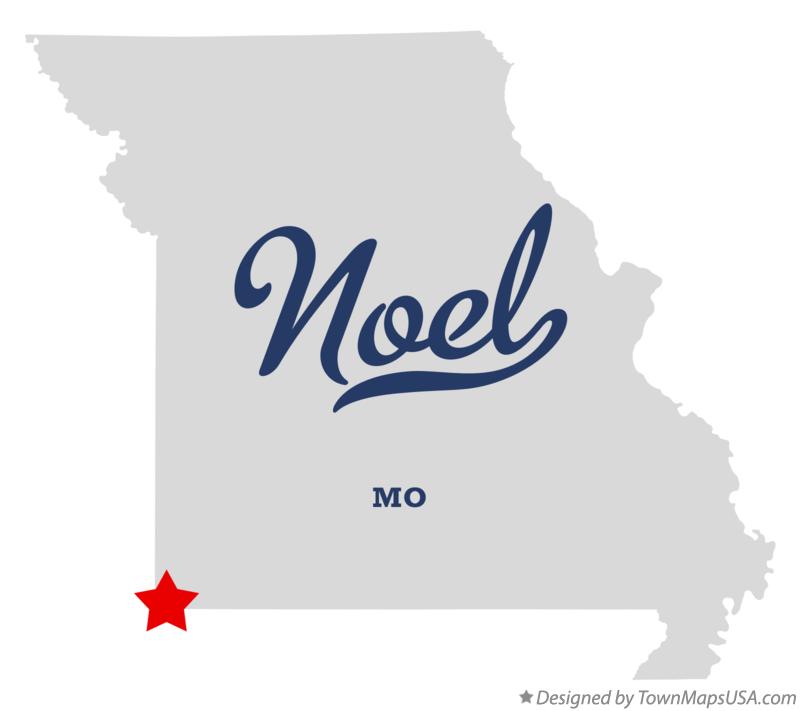
Did you know that one of the founders of Al-Qaeda spent six months in Greeley, CO in the late 1940’s early 50’s and his view of decadent Americans gyrating with men and women’s bodies touching at a protestant church dance inspired his hatred for America and his subsequent work in designing a manifesto of sorts which became the seminal work and inspiration behind militant Islam which to this day is terrorizing the world?
Here is a thoroughly informative article by Daniel Brogan which gives us the background.
Fifty-four years ago [now 65 years ago–ed], an Egyptian scholar arrived at the Colorado State College of Education in Greeley. He stayed for six months, sat in on a few classes, and did his best to sample day-to-day life in post-war America. When he left, he was quickly forgotten by the tiny community.
But Sayyid Qutb didn’t forget Greeley.
Time passed and the world changed. Colorado State College became the University of Northern Colorado and Greeley grew like the rest of the state. Qutb (pronounced KUH-tahb) returned to Egypt, where he became the foremost Islamic thinker of his time.
His articles and books were scholarly but passionate examinations of history, politics, and religion. He immersed himself in the Koran, compared it to the world around him, and came to a grave conclusion. Though the modern, liberal societies of the West preached freedom of religion, in truth, they undermined it. Religion and modernity, he concluded, could not coexist.
Qutb saw salvation in Islam, a religion that he believed offered true freedom. But for Islam to survive, a jihad would have to be fought to rid society of the West’s secular ways. Qutb envisioned an Islamic society ruled by Islamic law.
This was subversive stuff, even in the Middle East, and it wasn’t long before Qutb was thrown into prison, where he would stay for more than 10 years. Not surprisingly, prison only hardened his views. Qutb rewrote many of his earlier books and produced new ones at an astonishing pace, including a 30-volume masterwork entitled In the Shade of the Qur’an.
And through it all – right up until the day in 1966 when he was executed – Qutb remembered Greeley. What he had seen in those few months stayed with him through the decades and filled him with fear, disgust, and contempt. What he saw in Greeley made him hate America.
The story doesn’t end on the Egyptian gallows. In death, Qutb’s work became even more influential. Milestones, his best-known book, has been published in nearly 2,000 editions, and though many of his books have been banned in Egypt and other moderate Arab states, millions continue to illicitly circulate throughout the Middle East and over the Internet.
His writings have become both the inspiration and the blueprint for the fundamentalist jihad that now engulfs the world. Qutb’s work is to militant Islam what Das Kapital was to communism or Mein Kampf was to the Nazis. In American terms, he is Thomas Jefferson, Benjamin Franklin, Alexander Hamilton, and Thomas Paine, all rolled into one. His disciples include Anwar Sadat’s assassins, and Sheik Omar Abdel Rahman, the Egyptian cleric convicted in 1995 of plotting to blow up several New York landmarks. They include militant groups like Hamas and Islamic Jihad. And they include a Saudi militant named Osama bin Laden.
Read it all—it is fascinating! And, I doubt many Greeley residents or students at the University of Northern Colorado have a clue about the role their quiet American town played in world history.
Skip to April 2014 and we have Somali Muslim refugees instructing refugee role-playing. A propaganda stunt?
Greeley, CO became a US State Department “preferred” resettlement site a few years ago when Somali refugees were needed as laborers at local meatpacking plants.
We have an extensive archive on the controversy that erupted over demands regarding prayer times in the workplace, here (Greeley/Swift/Somali controversy) which is one way Muslims have begun to successfully change America (Al-Hijra!). Qutb would be proud!
Last week, the Global Refugee Center, which was born out of the 2008 protests by Somali refugees in Greeley, participated in this propaganda stunt to continue to soften-up (welcoming!) Greeley for more refugees that are on the way.
From the Greeley Tribune (Hat tip: Joanne):
Nearly 40 people from around Weld County experienced the loss of family, limbs and property on Tuesday morning.
The experience was part of “A Walk in Their Shoes,” a refugee experience simulation hosted by United Way of Weld County at the Greeley-Evans School District 6 administrative building.
Qutb would be so pleased. Changing America one refugee, one city, one state at a time!
I’m wondering, do they have a statue of Sayyid Qutb at the University of Northern Colorado? Not yet?



 It is not often I agree with anything from “Progressives,” but when a reader sent me
It is not often I agree with anything from “Progressives,” but when a reader sent me